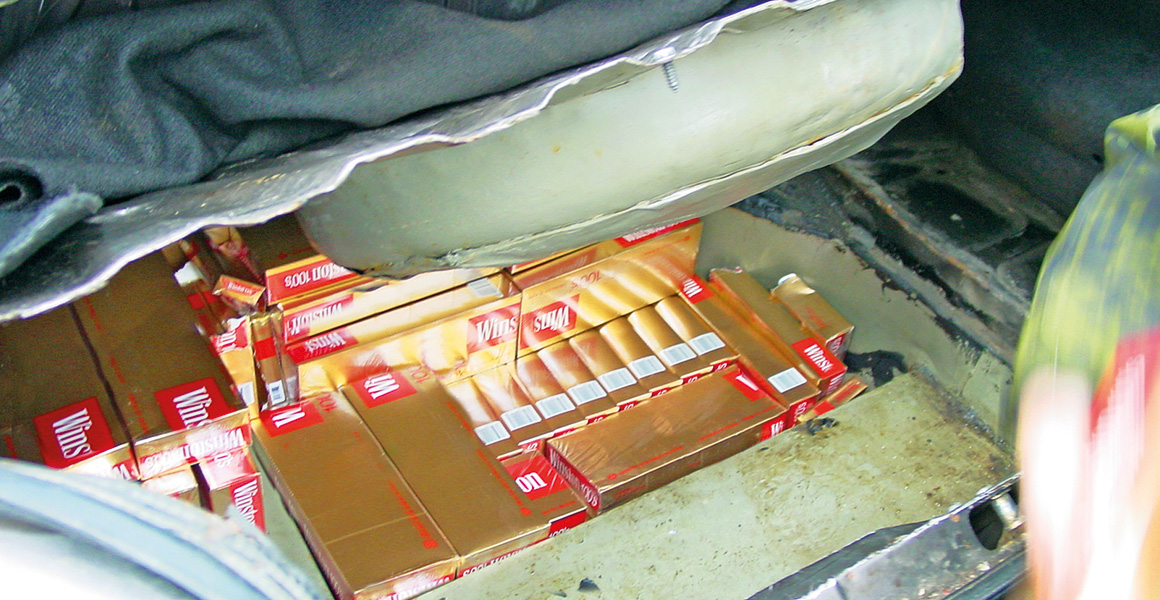Famously in his book the Tipping Point, US journalist Malcolm Gladwell makes the connection between fixing broken windows and a zero-tolerance approach from police to a big fall in crime in New York.
While some academics dispute Gladwell’s findings, you would be hard pressed to find a retailer who thinks the current UK policing policy to ignore thefts of goods worth under £100 from their shops is good for society.
At this week’s NFRN national council meeting in Bournemouth, Surrey retailer Bhavesh Patel, described a typical incident.
He was serving 20 cigarettes to a customer and was holding the pack as the man inserted and reinserted his card into the PIN machine. Patel was thinking the card was wrong and the customer was wrong and after the third attempt the man said to him he would have to go to his car and get his other card.
For just a second, Patel let go of the cigarettes and the man snatched them and ran out, still promising to pay. Quick as a flash, Patel followed and took details of the man’s car as he sped away. He called the police and was told they would not follow up and that he can have a crime number for his insurance.
It is a small example but captures perfectly the helplessness that retailers feel.
His story was inspired by a visceral presentation by James Hall, who leads Imperial Tobacco’s operations to help trading standards tackle the enormous rise in sales of illicit tobacco, which for the average store now puts £32,000 of sales at risk.
It is a real risk. One in eight local shops could close as a result of this, Hall warns.
There is some good news: a new app introduced by Imperial has made it much easier for its large field force to report traders selling counterfeit products.
In Stourbridge, West Midlands, his team’s information helped trading standards take one illicit seller out of action. This resulted in 50,000 cigarettes being seized, which is the equivalent of 2,500 transactions that may return to the retail trade.
That was worth more than £400 a week in sales to one local retailer. However, the spike upwards was short lived as organised crime resets its operations, often in the same places where they had operated before.
In Hall’s experience, it takes criminals between five days and four months to get their operations running again.
Illicit sales of tobacco brands on Facebook is another problem, with people selling 200 cigarettes for £15 that they had allegedly brought duty free. Facebook doesn’t allow people to sell tobacco but will do nothing about it if a retailer complains.
However, Facebook takes brand owners’ complaints seriously and takes pages down whenever Imperial contacts it. The message from Hall is to keep Imperial in the loop whenever you are aware of a crime because unlike the police his team will take action.
Every retailer needs to take up the issue of policing crime against shops with their MPs. But remember, the police may not see the issue the same way that you do. Retailers in shops that look just a little bit like yours are taking the risk with selling counterfeit cigarettes. And some have very poor controls over selling age-restricted products.
Make sure your shop has high standards and good operating procedures before you invite your MP to visit. Fix your ”broken windows” and then demand a zero-tolerance approach.





Comments
This article doesn't have any comments yet, be the first!